Lebanon, officially the Republic of Lebanon, is a country in western Asia, bordered by Israel and Syria and situated along the Mediterranean Sea. With a rich history and cultural diversity, it is home to over six million people. When exploring Lebanon’s landscapes, from the fertile coastal plain to the mountainous regions, one may encounter various fauna and flora. Amidst its natural beauty, it’s essential to be aware of the presence of dangerous animals in Lebanon. The country’s unique topography and climate provide a habitat for a diverse range of wildlife, including species that may pose a threat to human safety.
Table of Contents
Why visit Lebanon?

Lebanon’s strategic location at the crossroads between the West and the Middle East makes it a unique and compelling destination. The country boasts an incredible landscape that gives rise to a fascinating ecosystem, offering a perfect setting for exploration. Beyond the natural wonders, the warmth and friendliness of the local people enhance the overall experience. However, it’s crucial to be aware of certain dangers, as Lebanon is home to various dangerous animals that could pose a risk during your trip to the region.
Striped Hyena
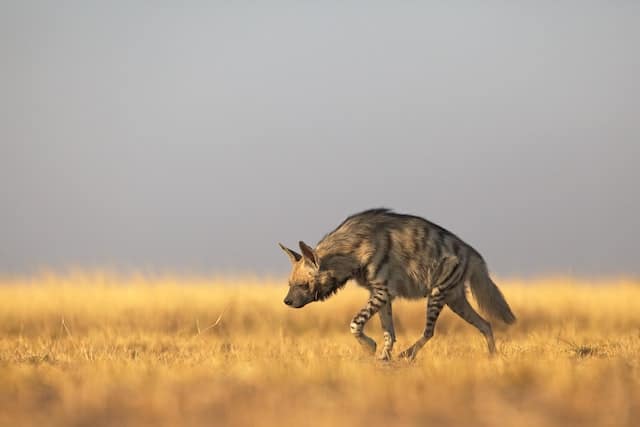
During your visit to Lebanon, you may encounter the iconic striped hyena, a unique member of the hyena family distinguished by its stripes rather than spots. Found primarily in the Lebanese mountains, these elusive creatures can pose a danger as they are known carriers of rabies. Recognizable by their white and black manes and zebra-like stripes, Striped Hyenas can become more visible near human settlements during dry spells, scavenging in dustbins and dumpsites. While generally elusive, they can be unpredictable and potentially aggressive, with a strong bite capable of transmitting rabies. It’s essential to exercise caution and maintain a safe distance if you come across them.
Fire Ant

Lebanon is also home to the highly toxic fire ant, recognizable by its red color. These ants can be found in various habitats and are known for their venomous bites, causing local burning, itching, swelling, and severe irritation. Fire ants often attack in large numbers, posing a risk of significant harm. Scratching the affected area may lead to further complications. When exploring Lebanon, be vigilant and avoid areas where these ants thrive to ensure your safety and well-being.
Palestinian Viper
Another creature to be cautious of is the Palestinian viper, a snake with a diamond zigzag pattern on its body and a forked tongue. The venom released by this snake is highly dangerous, causing severe infections. Seeking immediate medical attention in the event of a bite is crucial, as delayed treatment may lead to fatalities and permanent organ failure. While smaller than blunt nose vipers, Palestinian vipers are responsible for more snake bites in Lebanon. Stay alert and take necessary precautions to avoid encounters with these venomous snakes.
Golden Jackal
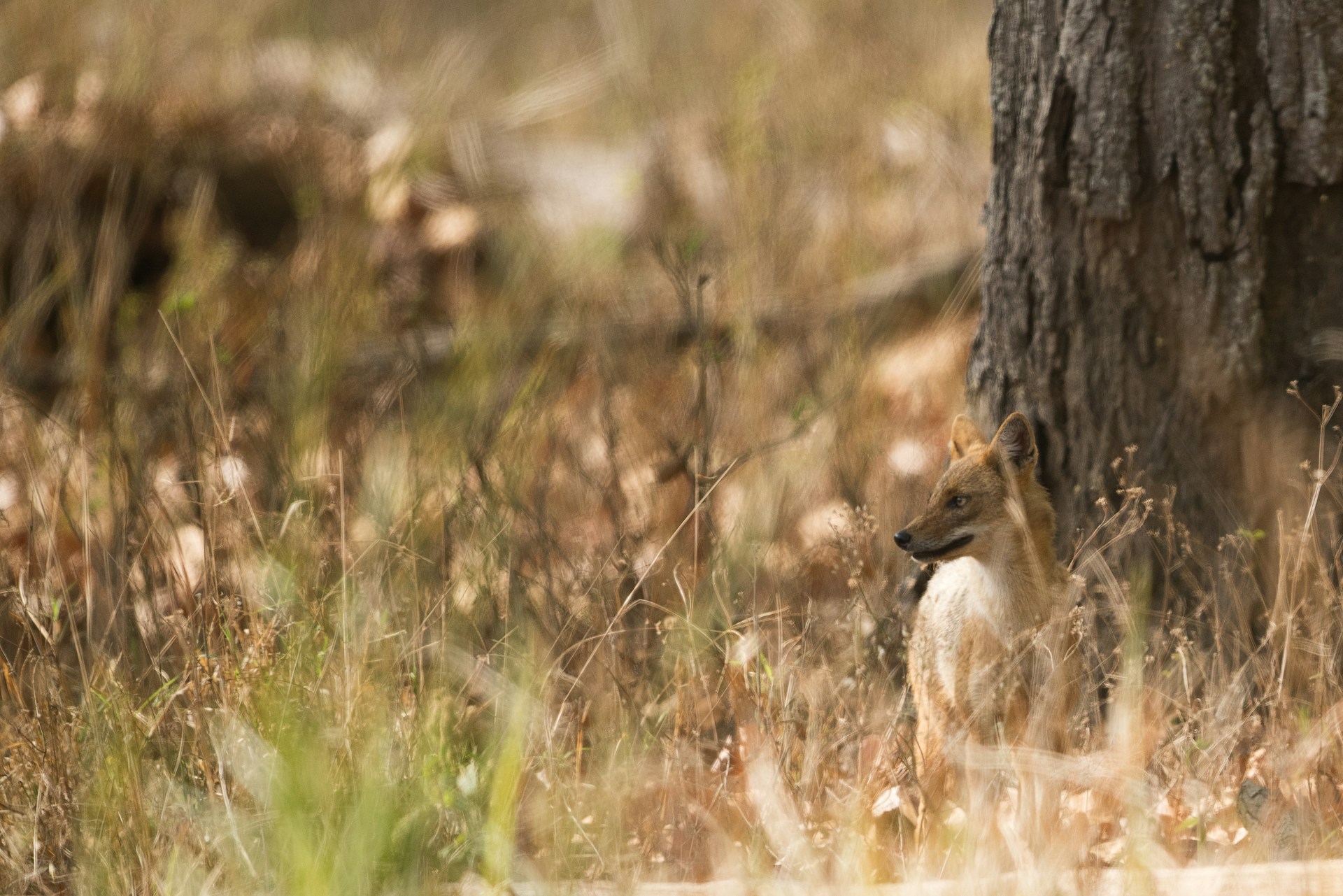
Lebanon hosts the golden jackal, a unique creature found near water sources and valleys. Known for carrying rabies-causing bacteria, these jackals can be unpredictable and pose a threat, especially when having their young ones. Exhibiting varying colors from creamy to dark tawny beige, golden jackals are ferocious and can be dangerous. Approach them with caution during your trip, avoiding provocation, and maintaining a safe distance.
Wild Boar
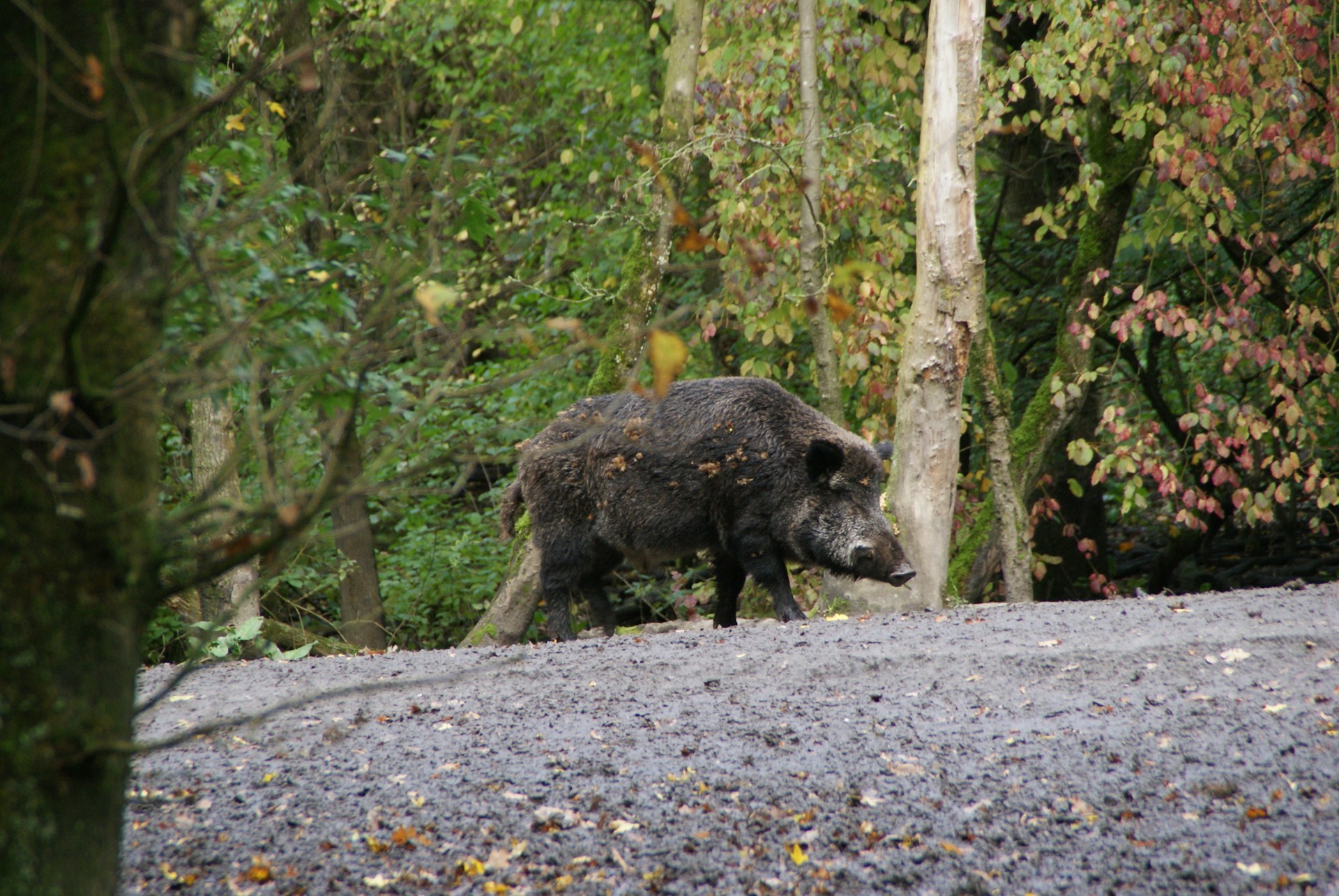
In the wild habitats of Lebanon, you may come across wild boars, similar to regular pigs but with tusks. While generally docile, these creatures can turn aggressive if cornered or provoked, especially during nursing or mating periods. Weighing over 300 pounds with sharp tusks, wild boars can cause significant harm. Exercise caution, refrain from provoking them, and maintain a safe distance to ensure a secure and enjoyable exploration of Lebanon’s diverse wildlife.
Black Widow
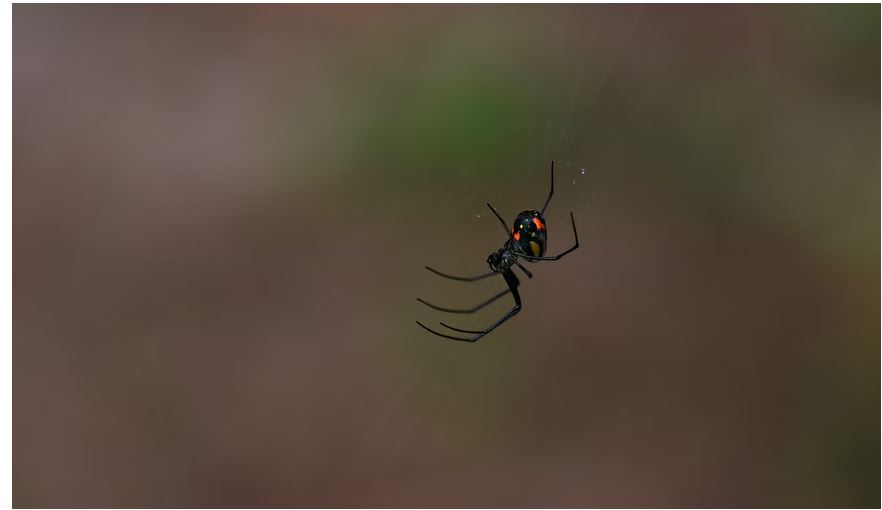
In Lebanon, the black widow spider poses a significant threat with its dangerous attack on the body’s system. Found in forests, deserts, and even homesteads, this arachnid’s sting can cause permanent damage to organs. While not typically aggressive, they may attack when provoked. Easily identifiable by the iconic red diamond on their backs, black widow spiders carry a potent neurotoxin. Though their venom may not cause immediate fatalities in humans, it can lead to severe organ failure and irreversible complications.
Gray Wolf
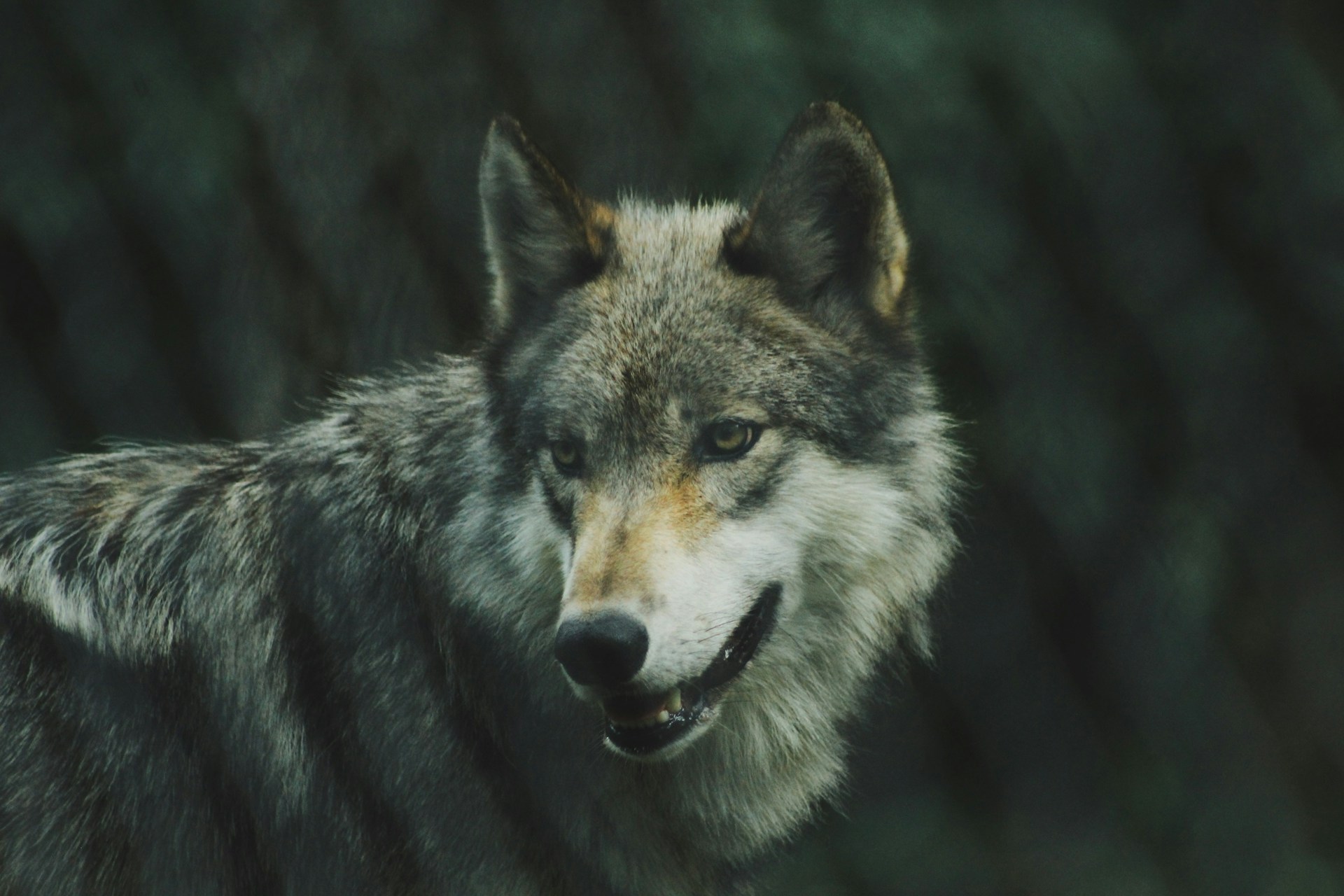
Lebanon is home to dangerous animals like the gray wolf, known for its power and unpredictable behavior. These elusive creatures inhabit the mountain highlands, particularly in national reserves and forests. Human-wolf encounters vary due to habitat loss and confrontational situations. With their population reduced, gray wolves have become more elusive, often avoiding human activities. When exploring these regions, it’s advisable for first-time visitors to have a guide to navigate safely through these wolf-inhabited areas.
Brown Recluse Spider
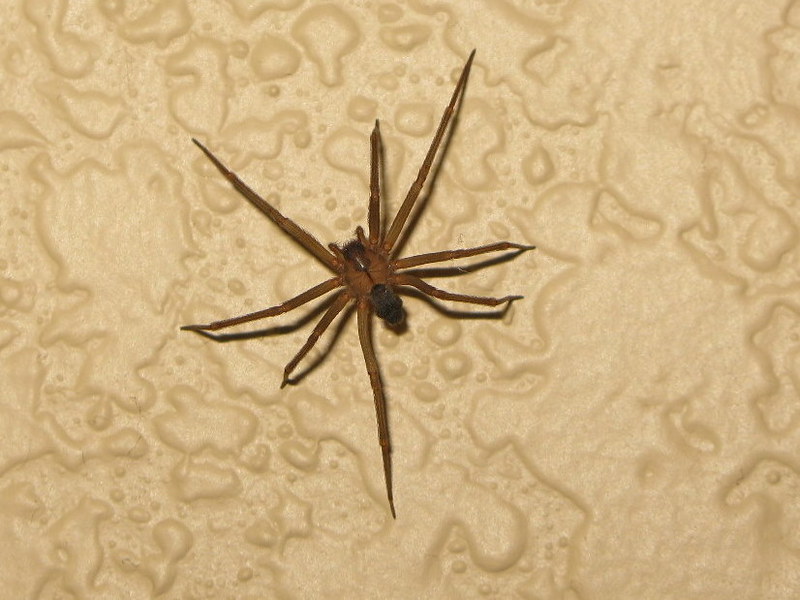
Another hazardous spider in Lebanon is the brown recluse spider. During your trip, be cautious of these spiders, known for their potent venom and biting mechanisms causing severe allergic reactions. Widely distributed across the country, these spiders possess neurotic venom affecting the central nervous system. Immediate medical attention is crucial in case of an attack to prevent permanent organ damage. While rare, it’s essential to exercise caution and avoid these spiders due to the potential symptoms such as numbness, rashes, severe pain, redness, swelling, and allergic reactions.
Blunt Nosed Viper
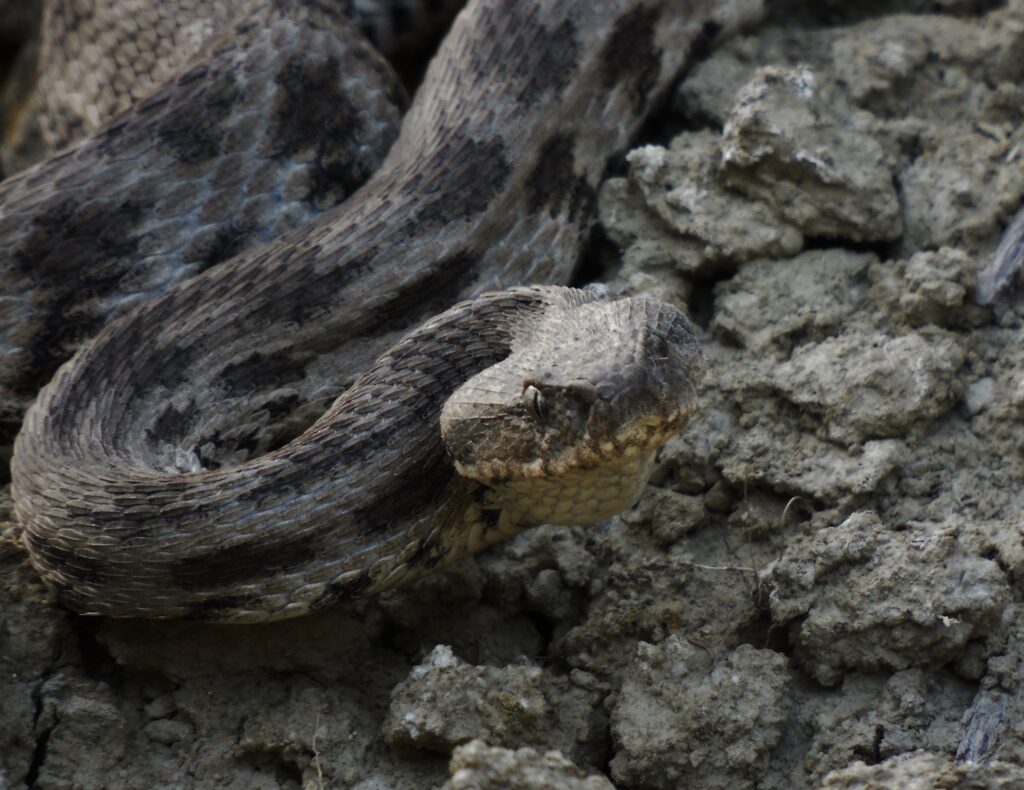
The blunt-nosed viper is an iconic creature in Lebanon, characterized by its blunt nose and fangs packed with concentrated venom. Found in dense forests, pastures, and meadows across the country, these snakes can grow up to 7 feet long. When feeling threatened, they may attack with their fangs, delivering a highly potent venom causing fever, swelling, rashes, and intense pain around the bite area. Immediate medical attention is necessary if bitten by a snake. Exercise caution when exploring different parts of Lebanon, especially in areas where these vipers thrive.
___________
Check out the dangerous animals from the Middle Eastern countries:


